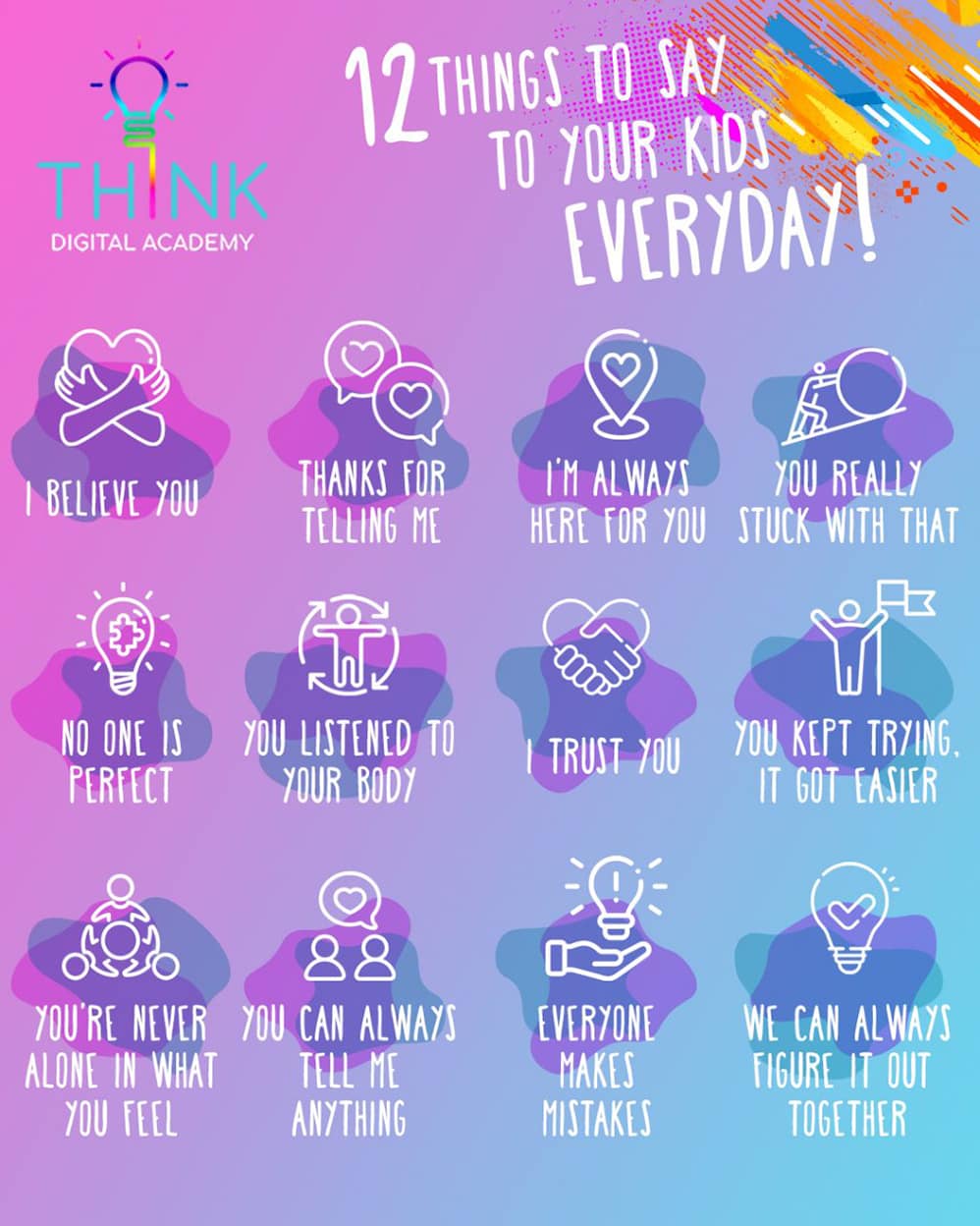If silver linings exist from the pandemic or the current youth mental health crisis, it’s that awareness about the importance of supporting mental health is at an all-time high. A win for sure! But awareness is just the first step. Real change includes access to quality mental health services and support for everyone who needs them. We know we can’t do it alone and are calling on all our TDA family and to join us by increasing the love we show our children a little bit more every day!
Mental health is an essential aspect of our overall well-being and this holds especially true for children. A child’s mental health is crucial for their healthy development, learning, and socialisation. However, despite the importance of mental health, it is often overlooked or stigmatised, leading to negative outcomes for children. Therefore, in honour of Mental Health Awareness, let’s discuss why it’s important to prioritise mental health awareness in children.
Childhood mental health problems: prevalence and impact
Mental health problems among children are quite common. According to the World Health Organisation (WHO), about one in six children aged 6-17 years, experience mental health problems such as anxiety, depression and behavioural disorders. Furthermore, mental health problems can have a significant short-term and long-term impact on children’s lives. These can include difficulty in socialising and making friends, poor academic performance, self-harm and even suicide.
Stigma and misconceptions: barriers to mental health awareness
Despite the prevalence and impact of mental health problems in children, stigma and misconceptions are still significant barriers to mental health awareness. Children and their families may avoid seeking help due to shame, fear of being labelled, or a lack of understanding about mental health problems. Additionally, there is a widespread belief that mental health issues are not real illnesses and that children will eventually outgrow them. Such beliefs can prevent early identification and treatment, leading to further complications.
The importance of mental health awareness in children
Mental health awareness in children is essential for several reasons. Firstly, it helps children and their families understand that mental health disorders are real and that seeking help is essential. It also reduces stigma and helps children feel less isolated and ashamed, making it easier to seek help. Secondly, mental health awareness can help with early identification and intervention, reducing the severity and long-term impact of mental health disorders. This, in turn, can lead to better academic, social and emotional outcomes for children. Finally, mental health awareness in children helps create a more supportive and inclusive environment that promotes overall well-being.
How can we promote mental health awareness in children?
There are several ways to promote mental health awareness in children. Firstly, we need to provide education and resources to parents, teachers and caregivers on identifying and addressing mental health disorders in children. This can include providing mental health screenings, counselling services, and training on how to support children with mental health disorders. Secondly, we need to raise awareness and reduce stigma through public campaigns, school programmes and community events. Finally, we need to prioritise mental health funding and research to better understand the root causes of mental health problems in children and develop effective prevention and treatment strategies.
Mental health awareness in children is crucial for their overall well-being and healthy development. However, stigma and misconceptions continue to prevent children and their families from seeking help. By promoting mental health awareness, we can reduce stigma, increase early identification and intervention and promote better academic, social and emotional outcomes for children. Therefore, let us prioritise mental health awareness in children and create a more supportive and inclusive environment for all.
Free trial
Why not try our online learning environment by enroling for our free 14 day trial.




